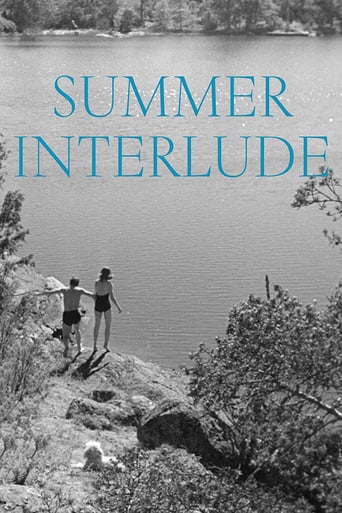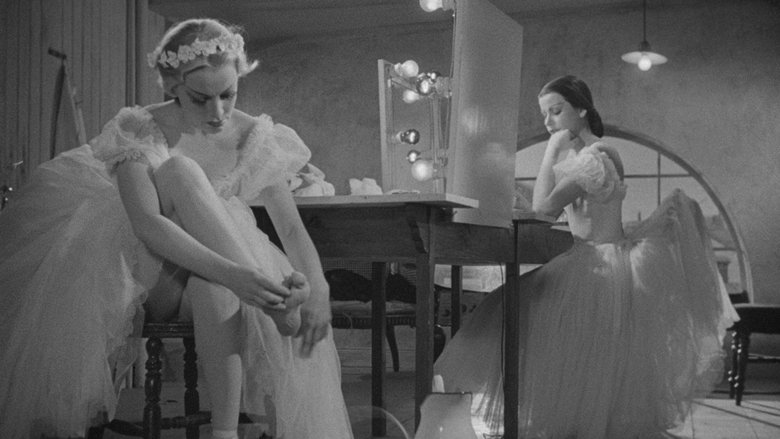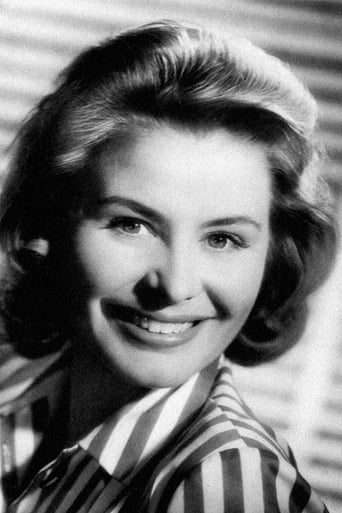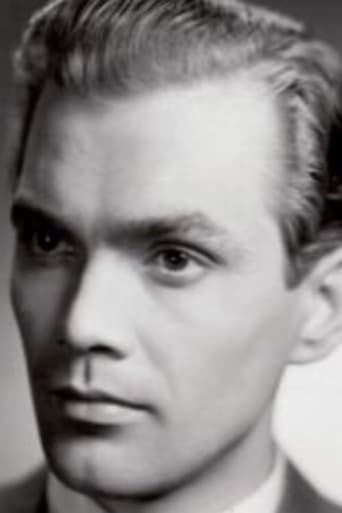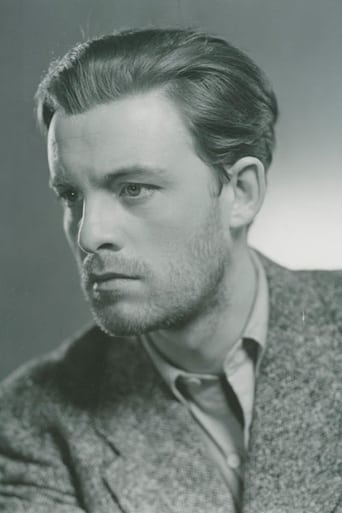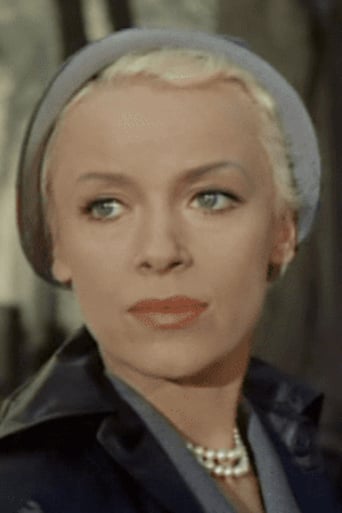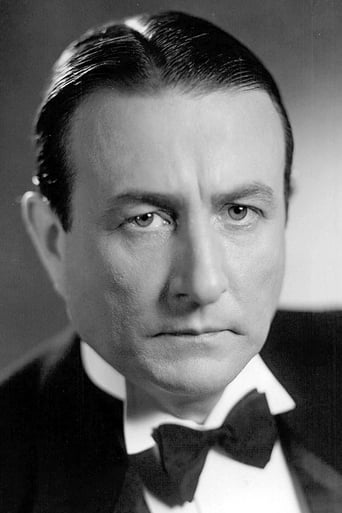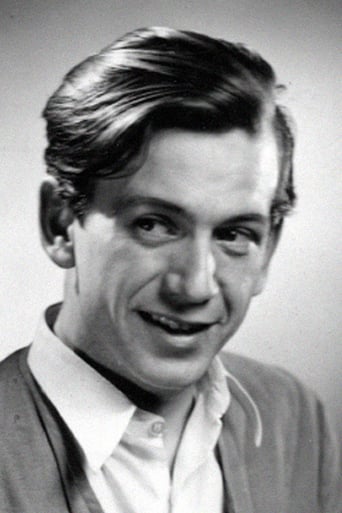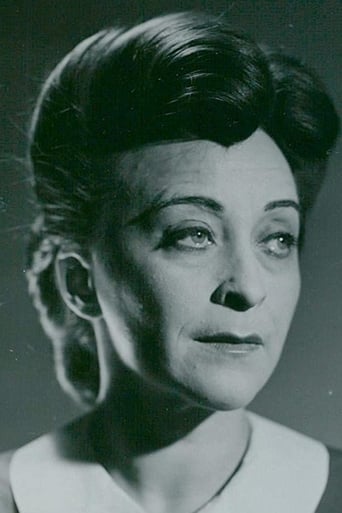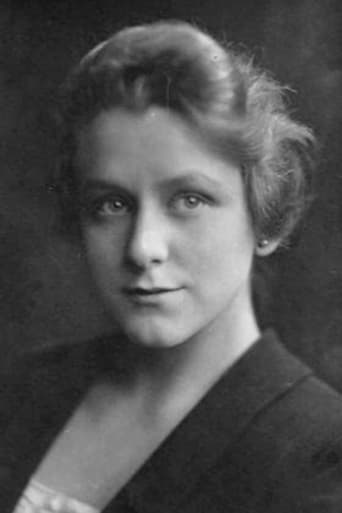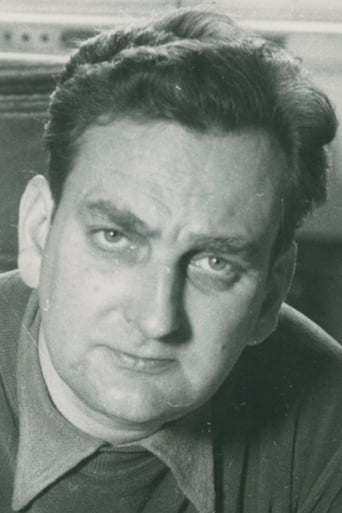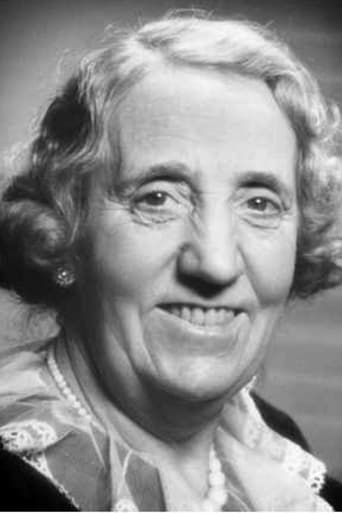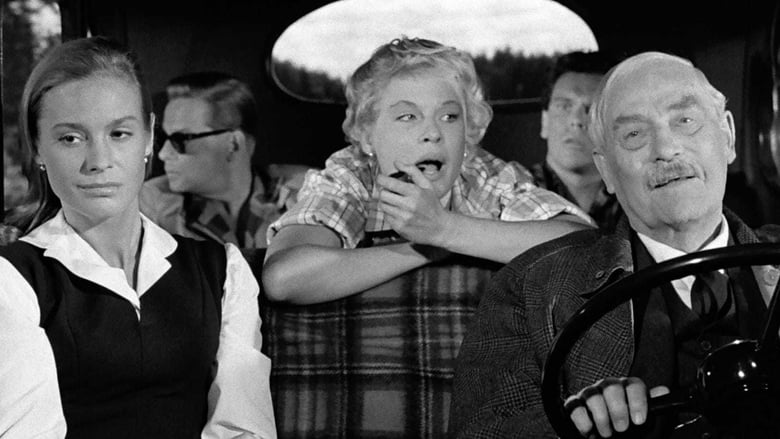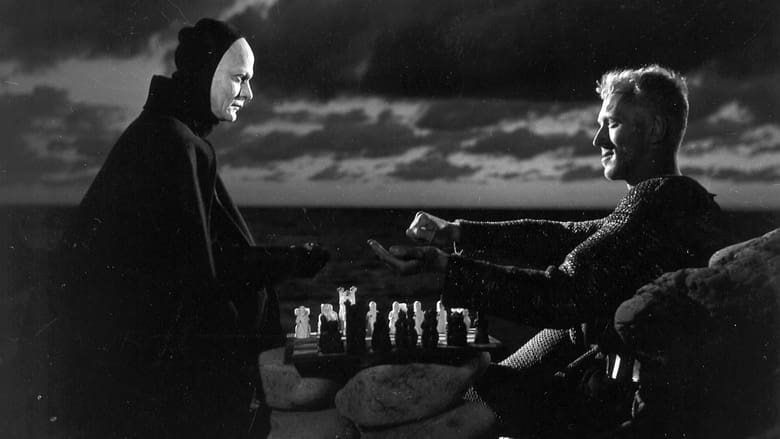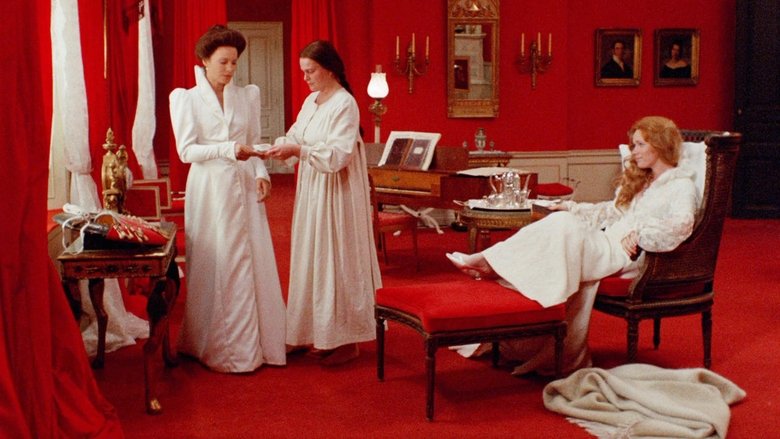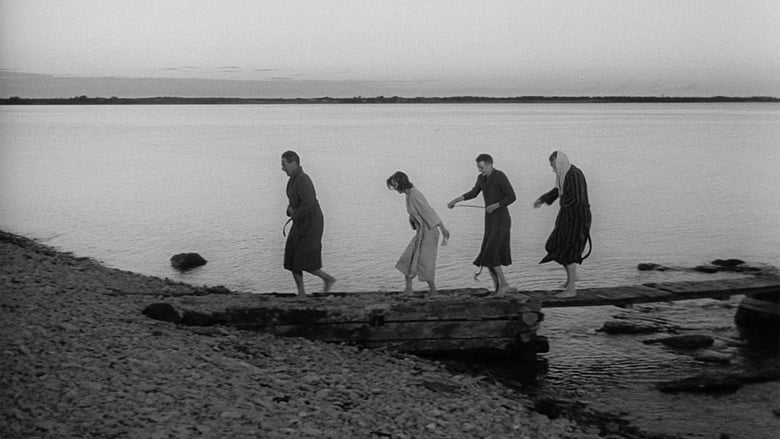A jaded prima ballerina reminisces about her first love affair after she is unexpectedly sent her lover's old diary.


Similar titles
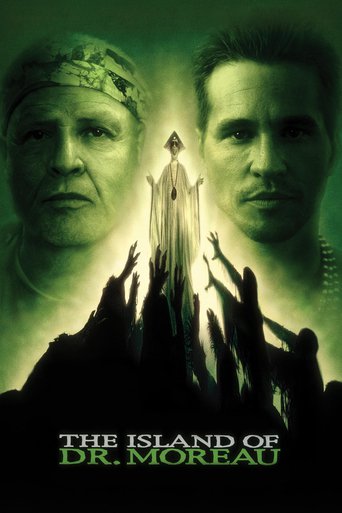
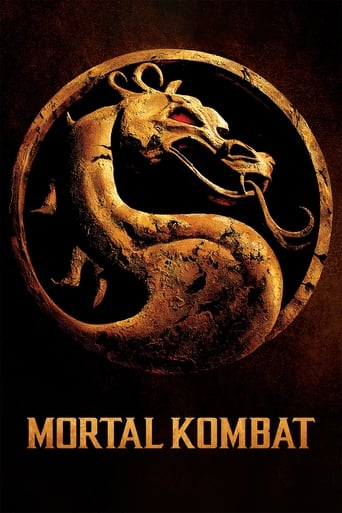
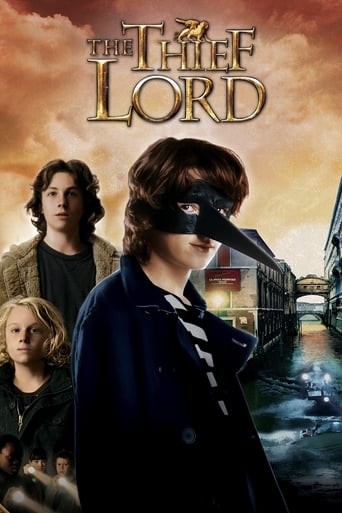
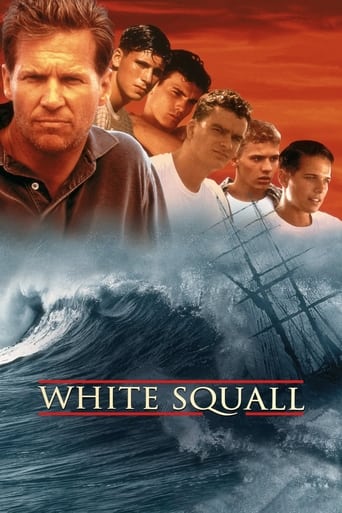
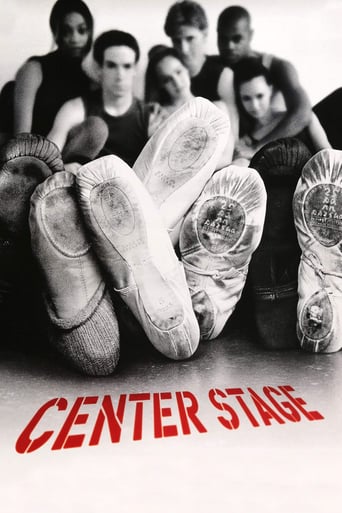
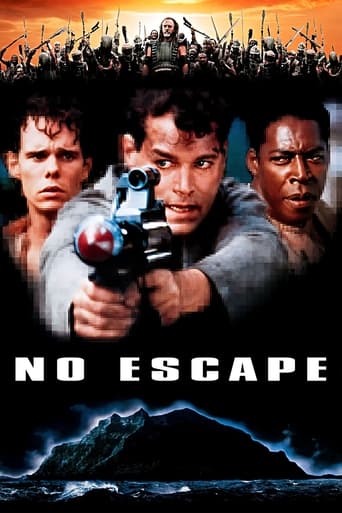
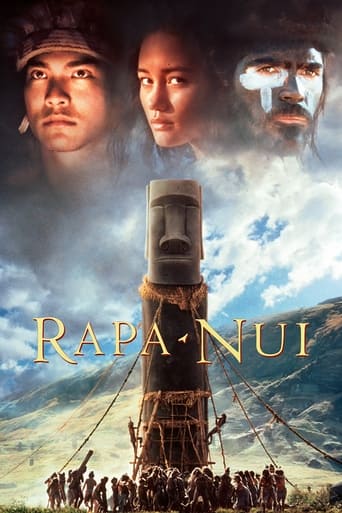
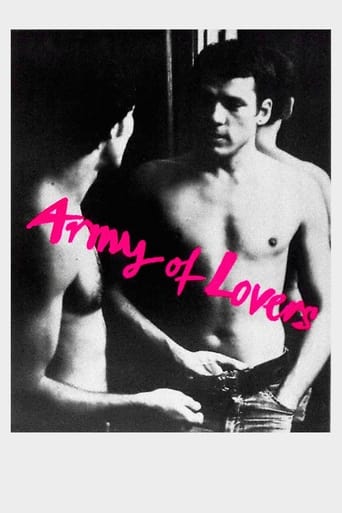
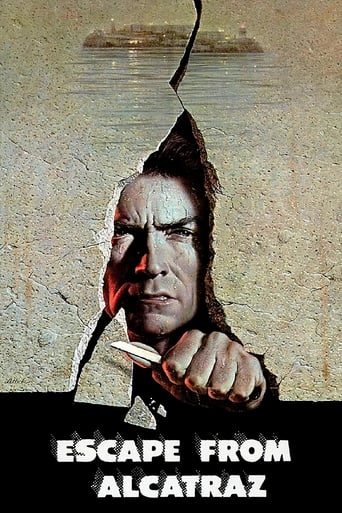
Reviews
While waiting for the night rehearsal of the ballet Swan Lake, the lonely twenty-eight year-old ballerina Marie receives a diary through the mail. She travels by ferry to an island nearby Stockholm, where she recalls her first love Henrik.Bergman later reflected, "For me Summer Interlude is one of my most important films. Even though to an outsider it may seem terribly passé, for me it isn't. This was my first film in which I felt I was functioning independently, with a style of my own, making a film all my own, with a particular appearance of its own, which no one could ape." Indeed, this is a landmark film for Bergman. We see his early use of "summer" as a recurring theme, his stark use of black and white that would define him for a generation... and even the use of "Swan Lake", which may prefigure his love of "Magic Flute" in some way. Bergman brought a visual style to film I have never seen elsewhere and never will. He is the master, and it all begins with "Summer Interlude".
On the face of it, "Summer Interlude" is a fairly straightforward narrative; a ballerina (Marie, masterfully played by Maj-Britt Nilsson) in her late 20s (so in the ballet world, nearing the end of her career) seems detached from the world. She lives with a fairly stolid and boring tabloid journalist (David, in a wonderfully understated performance from Alf Kjellin), but doesn't seem terribly invested in their relationship. On the day of the dress rehearsal before opening night, a package arrives containing a journal - she opens the journal, and suddenly she feels emotion again - as if part of an interior wall is starting to crack. She takes a ferry out to an island where she spent her childhood summers, and flashes back to a summer romance that occurred there in her teenage years - and thus a complex, beautiful, and tragic story begins.This is considered by most - including the Swedish master himself - to be Bergman's first mature film as a director, and with good reason. His previous offerings, while showing glimpses of the promises he would deliver on later in his career, were hampered by his limp, flawed male protagonists. This is the first film in which he explores the female as protagonist, a trope which would continue through most of his career, and it's clear that he has a much better grasp on the female psyche than on the male - with one notable exception ("The Seventh Seal"), his male protagonists often come off as variants of the director himself. Marie is at once strong, uninhibited, and vulnerable as a young woman, and Nilsson plays this role sublimely. As a mature ballerina, she has the appearance of strength that comes from a deadening of the emotions, rather inhibited, and invulnerable - a woman behind a wall she was forced or persuaded to build around herself. Nilsson also takes on this role masterfully, showing the versatility and virtuosity of an actress whose career peaked far too early.The male lead, and Marie's love interest, is Birger Malmsten as Henrik - also wonderfully played as (by this point "yet another") incarnation of young Bergman himself. But unlike the male leads of previous films, Henrik is played with such an earnest innocence and naiveté that we can't help but buy into this wonderful performance. This isn't the director subtly displaying a sense of self-loathing, but rather, baring his soul through his marvelous script and direction. The ancillary roles are all excellent, as can be expected from actors working under Bergman. Stig Olin is particularly fantastic as the master of the ballet company. Kjellin's "regular guy" is believable in both his distance and his frustration, and lascivious "Uncle" Erland (Georg Funkquist) is delightfully seedy and erudite. Gunnar Olsson - the obligatory Bergman priest - is a very minor character, but fits perfectly into the few scenes he appears in. The rest of the supporting cast is fantastic.As one would expect from a Bergman film - especially an early collaboration with his first significant cinematographer, Gunnar Fischer, and frequent editor Oscar Rosander - the visuals are stunning. I won't get over-technical here, but a wonderful mix of slow-fades, natural summer lighting, and exceptional composition make this a visual gem. Working on-location - a rarity for Bergman at this point in his career - he masterfully captures the feel of a short (6-8 week) Swedish summer, from the cuckoo that officially announces the start of summer to the owl that signals its approaching end. The lighting is masterfully achieved; contrast the scene when Marie first bumps into Henrik on the island to that where she walks down the hospital corridor. Every scene - including the outdoor ones, which are far more difficult - are perfectly focused and use exactly the right perspective.Thematically, "Summer Interlude" is almost a crystal ball we can stare into to see the marvelous things the director would do in the future. Love, and its reverse. Life, and its reverse. The questioning of god's existence, relevance, and goodness. This is one of the first Bergman films to significantly use the mirror as a thematic element, in two back-to-back scenes, near the end of the film - this theme would be repeated in many future films, from the shattered mirror in "The Magician" to the dual mirrors in "Cries and Whispers", this would be a leitmotif that Bergman would employ time and time again. There is a chess scene in "Summer Interlude" that would directly evoke that of "The Seventh Seal" had the former not been shot 5 years before the latter. The distance between Marie and David tangibly feels like the silence between the sisters in "The Silence".The overall TL;DR synopsis: This is a beautifully shot, wonderfully acted portrayal of young love that evokes Bergman's recurring themes of love, loss, the distance that necessarily exists between people, the silence of god, self-reflection, and the existentialist notion that we might as well move forward because otherwise, all we do is wait for Godot. The first masterpiece of a director I consider second only to Tarkovsky, and easily in my top 10 of his films - which is saying a lot. A solid 10/10.
Actually there is nothing wrong with Summer Interlude as such, it's just that I don't think it is quite on the same level as Ingmar Bergman's very best. Bergman's direction is as always superb. The cinematography positively shimmers, and the images of the sunny Swedish countryside are beautiful to look at. The writing is thought-provoking, affecting in its honesty and sweet in how it deals with the romantic elements. The story still has the dramatic intensity and structural complexity that helps to form the best of Bergman's films. The two lead characters are touching and are likable, Marie being world-weary and Henrik being timid. The acting helps to reflect that, especially Maj-Britt Nilsson whose performance is so sensitive that you wonder why she wasn't in more after this and Secrets of Women. Birger Malmsten is not quite in the same league but gives a well-contrasted performance still. All in all, a lovely film if not quite among Bergman's very best movies. 9/10 Bethany Cox
It's interesting to note that when scripting this film Bergman would not have been much older than his protagonist: the 28 year old Ballet dancer Marie. Marie is someone who has spent the majority of her adult life building a wall around herself, her primary purpose in this is protection against the ghosts of her past. Although, we suspect, the wall may not have fully achieved this aim, it has succeeded in preventing her from truly making contact with the world, and, those who love her from ever reaching her. This is represented physically in the difficulty her young lover (the journalist) has in penetrating the theatre foyer at the beginning of the film. One gets the sense that Marie is doomed to drift through life, forever looking backwards, over her shoulder. When an ex-lover's diary is mysteriously delivered to the theatre she is forced deeper into herself, to confront a past she has locked away for the last fifteen years. We are then presented with these memories that the diary provokes and this is when the film truly comes alive. ALIVE is the key word here as Bergman paints for us, in a way that so few other's are able, a vivid picture of the essence of young life and falling in love for the first time, stomach butterflies and all. Her relationship to Henrik, a older local boy she meets whilst staying with her aunt is depicted expertly in such a way that Bergman's dialogue dances, and his scripting skills truly shine. In this field, he must have been way ahead of many of his contemporaries: their personalities are quickly and efficiently drawn so as to be absolute, their teasing banter is playful, unpredictable and a joy to witness. There is a magical scene in which the two young lovers begin to pencil various characters from their lives upon a record sleeve. Unexpectedly (especially in a Bergman film!) these drawings spring into life re-enacting a comic version of the lives of their real counterparts. In terms of Bergman's filmography these scenes are unique in their lightheartedness. However, this IS a Bergman film and, as surely as autumn and winter must follow summer, the light must be balanced by an equal amount of dark.As in Wild Strawberries, the narrative structure unfolds in a series of flashbacks that masterfully deliver vital information in such an order that ensures their emotional impact. The ballet scenes are of note as they are shot with a beautiful quietude that reflects the understated nature of the whole film. 'Summer Interlude' seems to assert the importance of embracing the here and now, of venturing into the shadows to confront one's ghosts, and laying them to bare in the sun. The alternative, it seems, is not really living. This is not typical Bergman fare, it is not nerve shredding drama on an epic scale, nor is it a challenging psychological abstraction that pushes the medium of cinema. Rather this is a moving little tale of remembered intimacy: small, but perfectly formed.
